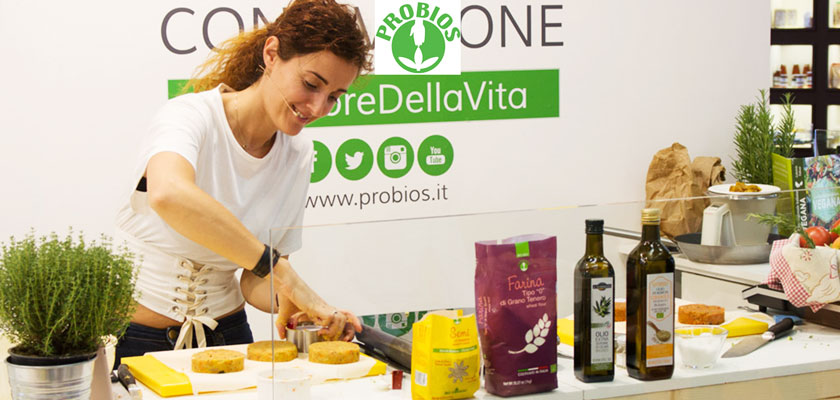
‘We change the future of migrations. We invest in food safety and rural growth: this is the topic chosen by FAO to celebrate the world food day, an anniversary celebrated every year all over the world to remind us the foundation of Food and Agricolture Organization of the United Nations, commonly known as FAO, established in Québec (Canada) October the 16th 1945.
The celebration, Established by FAO’s Member Countries during the 20th General Assembly of the Organization in November 1979, is observed in more than 150 nations every year increasing awarness on poverty, hunger, malnutrition and food safety to spread healthy diets for everybody. The main target is encouraging people to act against those issues.
“This year the main topic is the close link between causes and impacts of migration and FAO’s global target aimed to defeat hunger using food safety and sustainable resources promotion. A concept that we are trying to realize day after day”, says Fernando Favilli, Probios President. “Buying certified organic products means choosing companies that pays attention to raw material‘s selection methods, using no herbicides, pesticides and chemical fetilizers, agents that contaminate our ground, water and air.
To celebrate this important event, on October 7th, Piazza Duomo in Milan hosted 'In the name of Africa', the event promoted by Cefa (Association of Families for Education and Culture), which involved more than 75,000 children of the schools to which an Altan placemat was given with a coloring bead. The goal of the day was to show the closeness of Italy to Africa - as evidenced by the empty plates (a symbol of hunger) that filled the whole square - and to emphasize the importance of bees to preserve the environment and its biodiversity. Bee-shaped balloons have been fired in the sky so that they can symbolically reach Africa. In the square were also brought horns to admire live colonies of domestic bees and allow children and adults to taste honey and ask questions to beekeepers.





